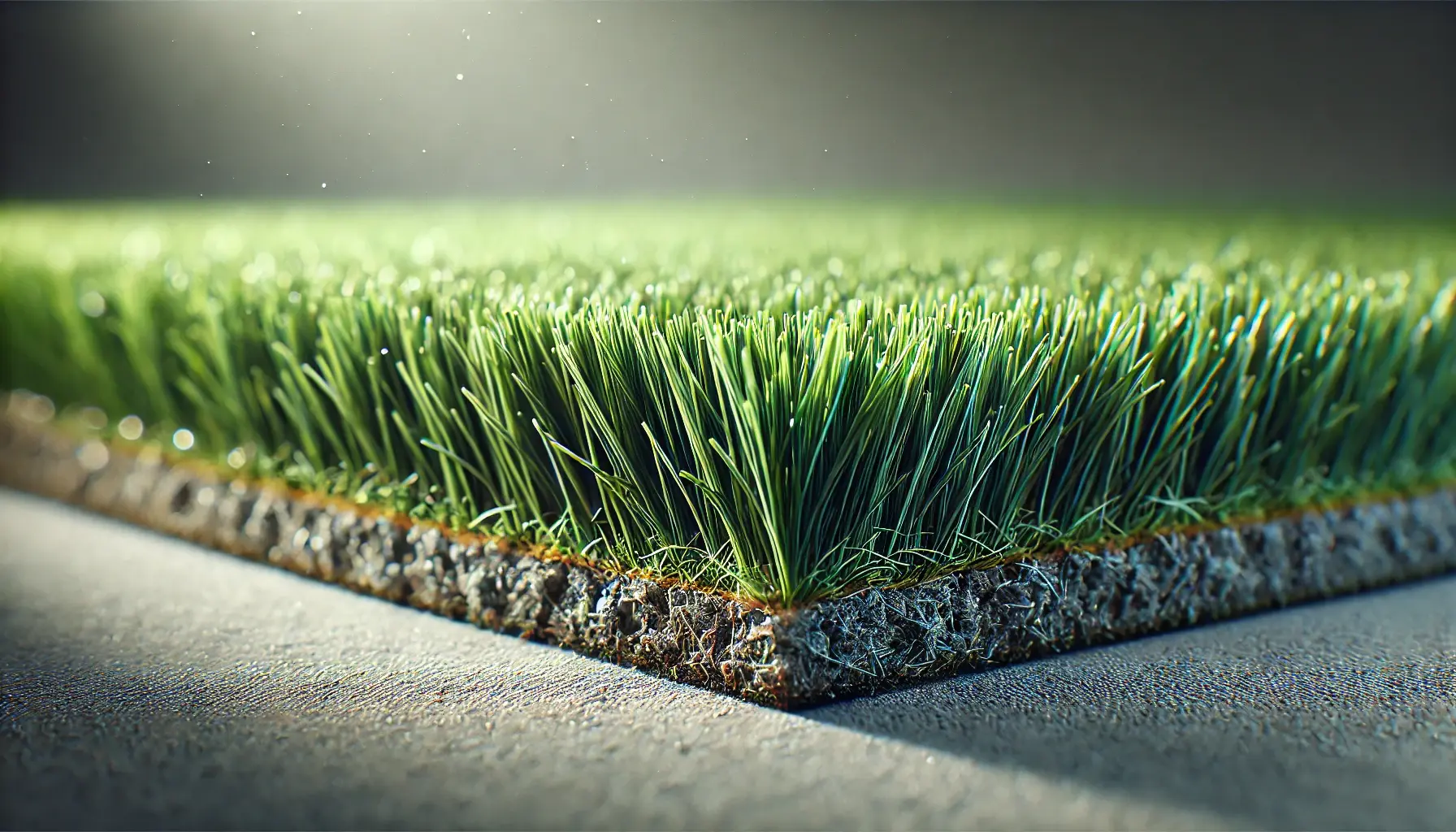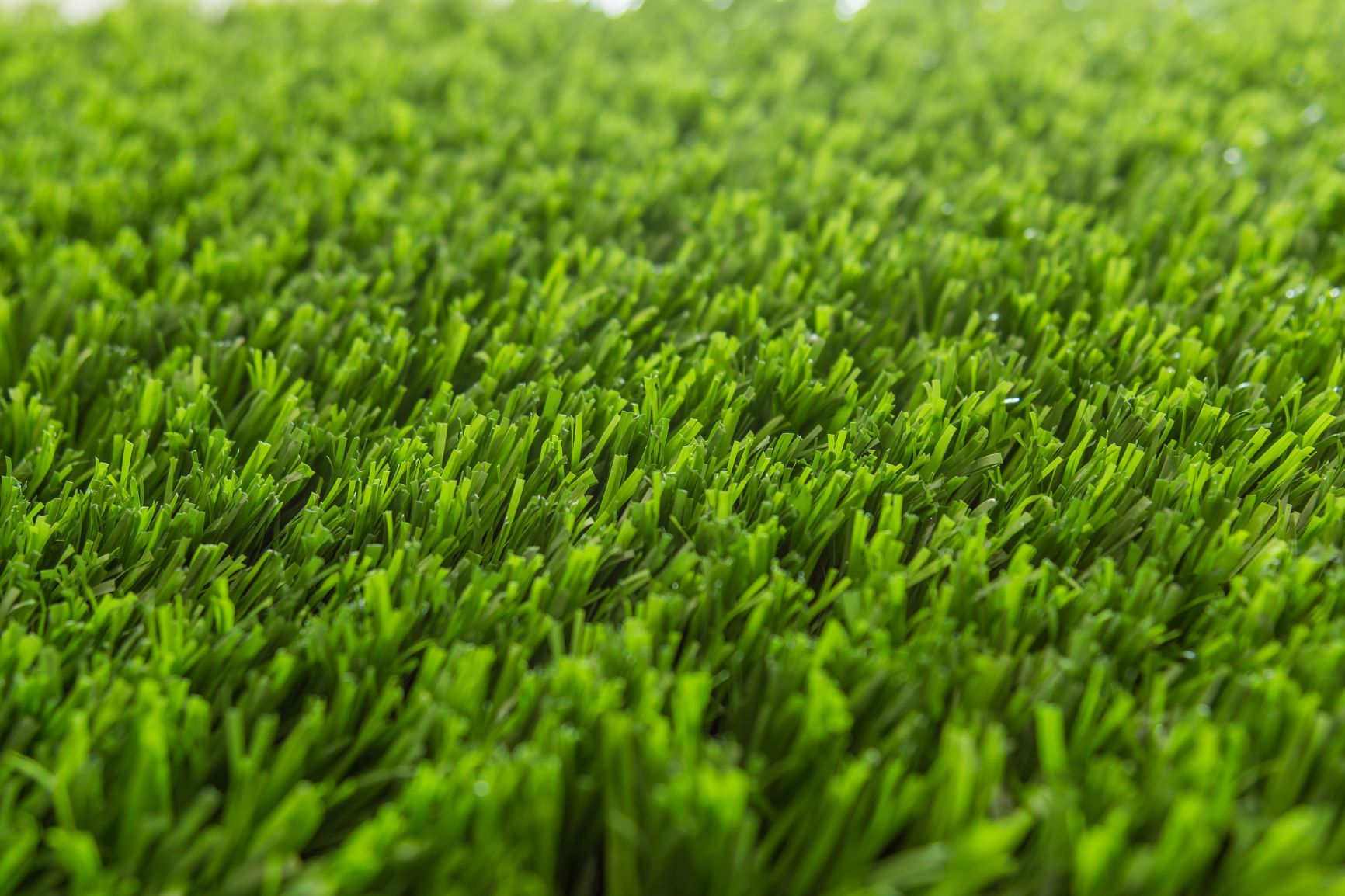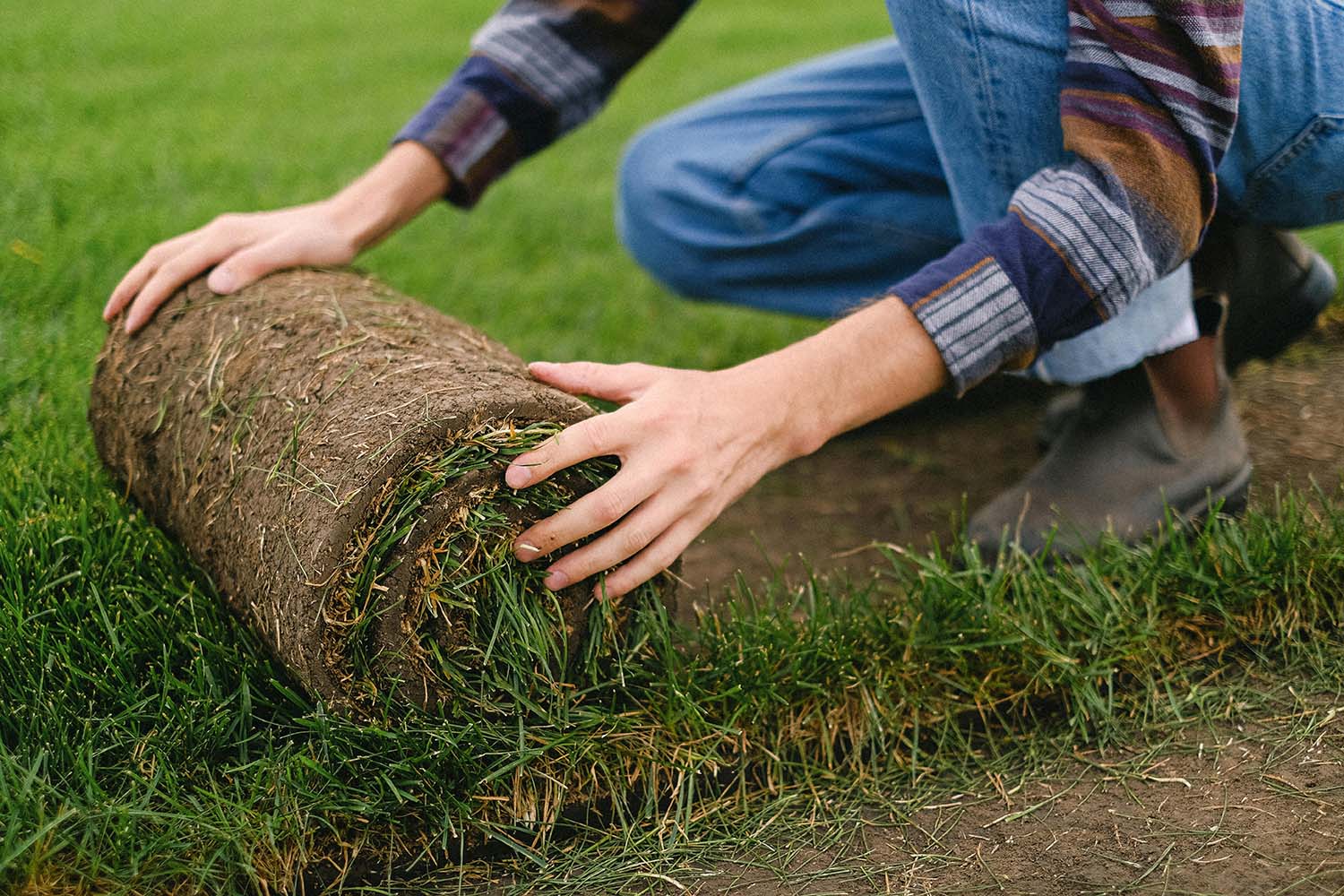Environmentally Safe Arizona Artificial Turf for a Always-Green Lush Green Lawn
Environmentally Safe Arizona Artificial Turf for a Always-Green Lush Green Lawn
Blog Article
Explore the Environmental Conveniences of Opting for Synthetic Grass Solutions
The adoption of artificial lawn options offers an engaging chance to resolve pushing ecological obstacles. By dramatically reducing water usage and lessening the application of harmful chemicals, these options not only promote sustainable landscape design but also secure regional communities.
Water Conservation Conveniences
One of one of the most significant advantages of fabricated turf is its ability to save water. Typical grass lawns need considerable watering, especially in locations susceptible to dry spell or water limitations. In contrast, synthetic grass does not need watering, significantly minimizing the general need for water resources. This feature is particularly advantageous in arid regions where water scarcity is a pressing concern.
By removing the requirement for regular watering, fabricated lawn adds to sustainable landscape methods and aids alleviate the ecological impact of too much water intake. The preservation of water expands to the reduction of runoff, which can lead to soil disintegration and river air pollution.
Additionally, the installment of synthetic lawn enables property owners and districts to allot water sources a lot more efficiently, concentrating on important usages such as alcohol consumption water and farming. The shift in the direction of synthetic grass not just promotes accountable water use however additionally lines up with wider ecological objectives focused on maintaining natural deposits.
As communities increasingly focus on sustainability, the water conservation benefits of synthetic grass present an engaging case for its fostering in business and property landscaping tasks.
Lowered Chemical Usage
The change to synthetic lawn substantially decreases the reliance on chemical treatments typically utilized in natural lawn maintenance. Standard turf management usually involves the application of herbicides, pesticides, and plant foods to advertise growth and control parasites. These chemicals can position threats to human health and wellness, regional wild animals, and the environment, adding to dirt and water contamination.
On the other hand, synthetic turf eliminates the demand for these unsafe materials. Once set up, it calls for marginal upkeep, mostly including regular cleaning and seldom infill replenishment. This reduction in chemical usage not only profits the prompt environment but likewise adds to wider eco-friendly stability. By minimizing the launch of synthetic compounds right into the ecological community, synthetic grass promotes healthier dirt and water supply.
Moreover, the lack of chemical overflow connected with synthetic grass setups assists secure neighborhood rivers from contamination, supporting aquatic life and preserving biodiversity. Arizona artificial turf. As neighborhoods significantly prioritize lasting methods, going with synthetic grass provides a practical remedy that lines up with ecological preservation objectives. Via this change, homeowner can enjoy rich environment-friendly rooms without jeopardizing environmental wellness, leading the way for a much more sustainable future
Reduced Carbon Impact

Furthermore, the installation of synthetic turf can cause considerable water conservation. Natural yards require substantial quantities of water for irrigation, which not only contributes to the carbon footprint related to water removal and therapy but additionally pressures neighborhood water sources. On the other hand, synthetic grass needs very little upkeep, needing no watering, thereby considerably minimizing water use and its linked energy prices.
In addition, the long life of synthetic lawn adds to its reduced carbon influence. With a life expectancy of up to 15 years or more, the requirement for regular replacements is lessened, causing less waste and lower energy intake in manufacturing and disposing of standard lawn options. On the whole, synthetic grass offers a sustainable choice for environmentally mindful landscape design.
Habitat Conservation
Environment conservation is a critical factor to consider in the argument over landscape design options, particularly when he has a good point contrasting artificial turf to all-natural turf. Natural grass yards typically require substantial maintenance, consisting of the usage of herbicides, chemicals, and plant foods, which can negatively impact regional ecological communities. These chemicals can seep into the dirt and rivers, harming native flora and fauna and interfering with regional habitats.
On the other hand, man-made turf provides a chance to reduce the eco-friendly footprint of landscape design. By selecting artificial turf, homeowners can minimize the interruption of natural habitats connected with standard lawn care techniques. Synthetic grass removes the demand for hazardous chemicals, thereby securing close-by wild animals and preserving the integrity of surrounding environments. Moreover, the setup of synthetic grass can result in the conversion of previous lawn areas right into even more biodiverse landscapes, such as pollinator gardens or indigenous plant areas, which can support regional wild animals.
Inevitably, the transition to synthetic grass not only conserves water and minimizes maintenance efforts however additionally fosters a much more unified connection between his response human tasks and the all-natural setting, advertising habitat conservation at the same time.
Long-Term Sustainability
Long-term sustainability is an essential factor in reviewing the benefits of synthetic grass over typical grass lawns. One of one of the most considerable advantages of synthetic grass is its toughness; it can last approximately 15-20 years with very little upkeep, whereas natural turf requires regular reseeding and substitute. This long life lowers the need for constant sources, such as water, plant foods, and chemicals, which are essential for keeping a healthy yard yard.
In addition, synthetic grass adds to a reduction in carbon discharges connected with yard care devices. Standard lawns typically need gas-powered lawn mowers, leaners, and blowers, all of which contribute to air contamination. Turf installation phoenix az. On the other hand, artificial lawn eliminates the demand for such devices, advertising a cleaner atmosphere
In addition, the production of synthetic lawn increasingly makes use of recycled products, enhancing its sustainability profile. As producers adopt green techniques, the ecological footprint of man-made turf proceeds to decrease.

Final Thought
The fostering of synthetic grass solutions presents significant ecological advantages, consisting of significant water preservation, reduced dependence on dangerous chemicals, and a lower carbon impact. Furthermore, artificial grass help in protecting natural environments by lessening land disturbance and promoting long-term sustainability via the usage of long lasting products. Jointly, these elements emphasize the possibility of synthetic grass to add favorably to environmental wellness and provide a practical alternative to standard landscaping practices in an increasingly resource-conscious world.
In comparison, man-made turf does not need watering, substantially reducing the overall demand for water resources. By decreasing the launch of artificial substances right into the community, fabricated grass promotes much healthier dirt and water systems.
Moreover, the setup of artificial grass can result in considerable water preservation. In comparison, synthetic grass needs very little maintenance, calling for no watering, therefore substantially decreasing water use and its connected energy costs.

Report this page